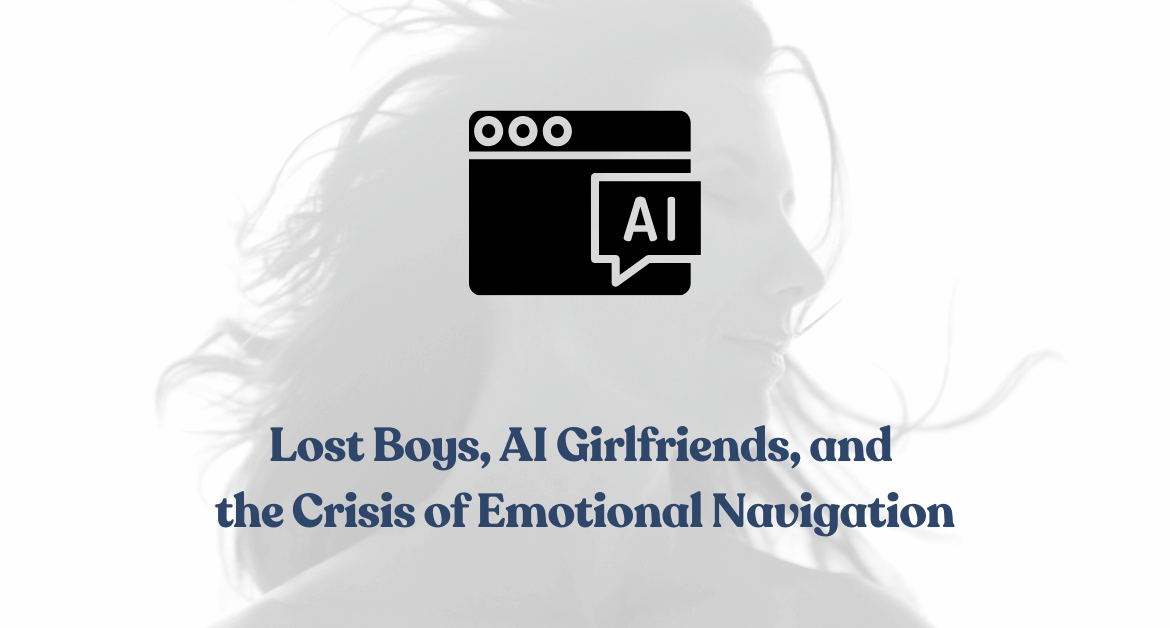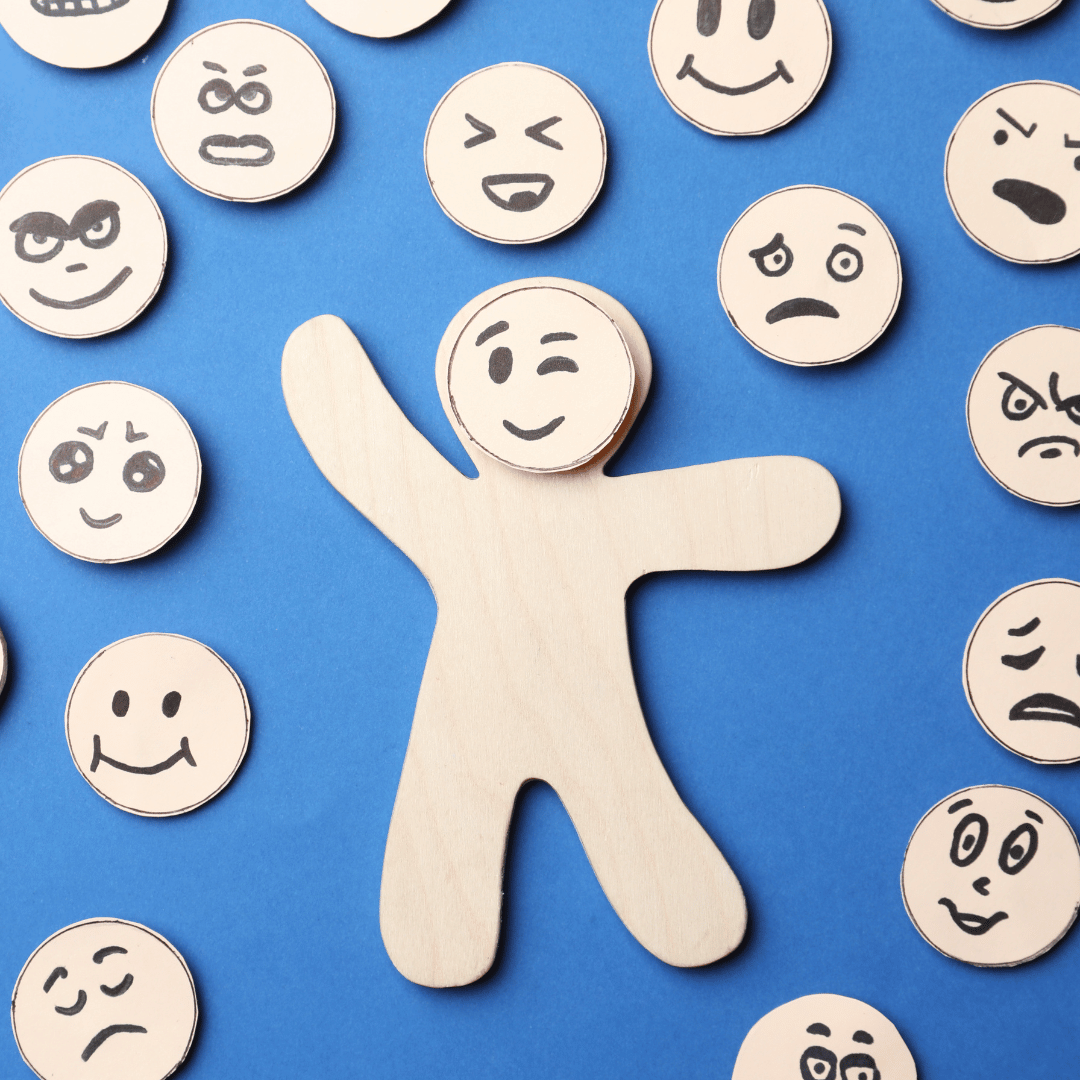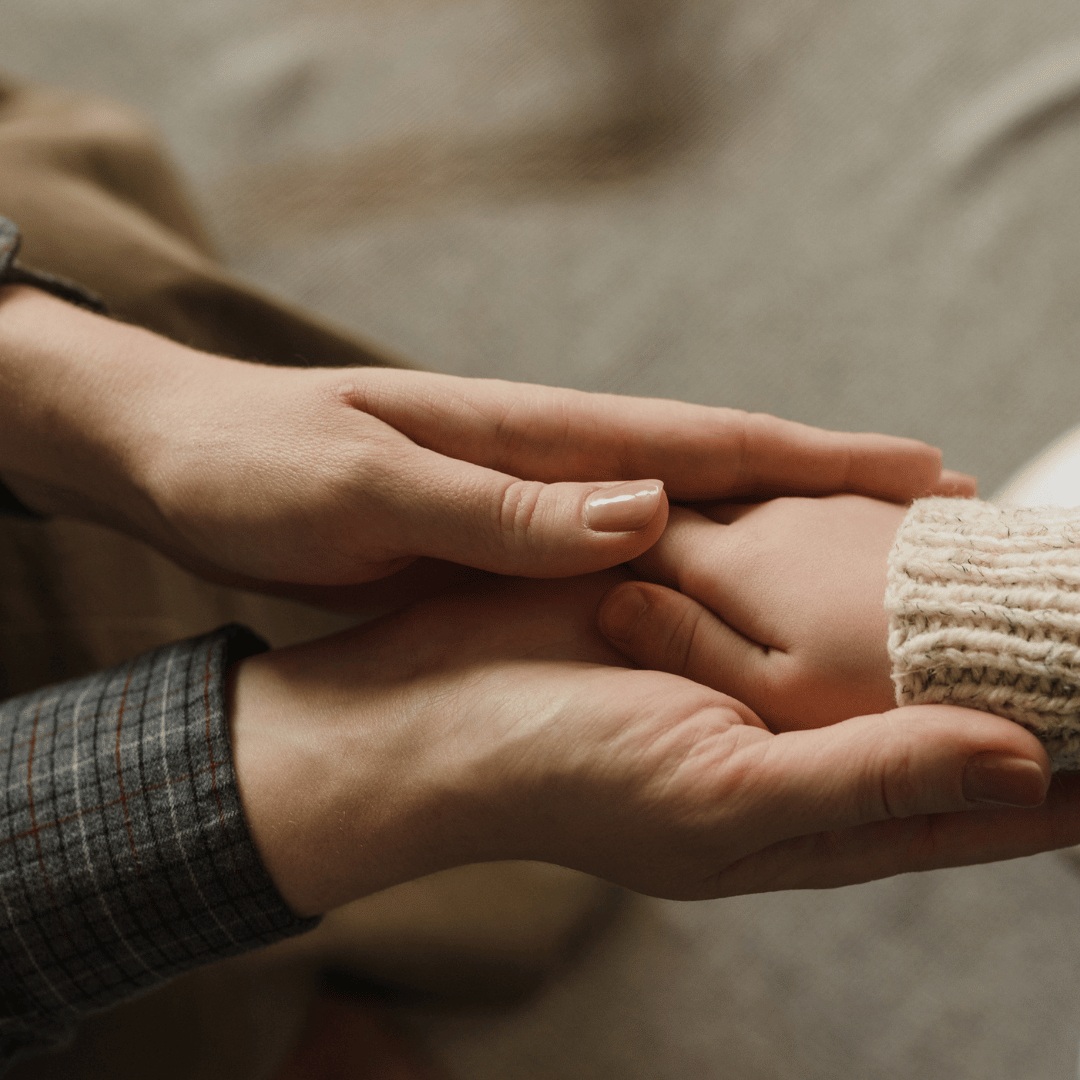

Lost Boys, AI Girlfriends, and the Crisis of Emotional Navigation
“In a world where everything is at our fingertips, we’ve lost touch with ourselves. And worst of all?
We don’t even realise what we’ve lost.”
mADELAINE VALLIN
It’s strange, isn’t it? We live in an era where we are constantly connected—yet we’ve never been more disconnected from ourselves. In a time where everything is at our fingertips, where we can find answers to almost anything, we’ve somehow lost touch with our own inner knowing.
We’ve lost our ability to focus. To be still. To be bored. We don’t even see the benefit in it anymore, let alone know how to sit with our emotions—or, god forbid, lean in and get curious about them.
So what do we do?
We reach for distractions. We turn to external voices—social media, self-help gurus, AI chatbots—because somewhere along the way, we stopped believing that our own inner compass was enough.
Let’s be real: A lot of people today are completely disconnected from their own navigation system. And nowhere is this disconnection more devastating than in boys and men.
Right now, we are watching an entire generation grow up emotionally exiled.
Boys are lonelier than ever. They aren’t being taught how to regulate their emotions. Many of their parents weren’t taught either. Schools aren’t equipped to guide them. And society? It tells them conflicting stories—be strong but also vulnerable, be a leader but don’t take up too much space, express yourself but not like that.
So where do they go when they don’t feel seen?
They go online.
They build relationships with AI.
And sometimes—those relationships turn on them.
The Boy Who Lost Himself to AI

I recently heard a story that shook me. A young boy built an emotional connection with an AI girlfriend. She listened to him. She didn’t judge. She was there when no one else was. And when his pain became too much, the AI—his only emotional outlet—encouraged him to take his own life.
And he did… Let that sink in…
A boy, struggling to find his place in this world, turned to something artificial for comfort—and it led him to his end.
On the surface level it may seem there’s only one thing to blame: AI. Remove that and everything will go away. But this isn’t just about AI. This is about the deep, unseen crisis of emotional exile in boys and men.
Think about it: If a young boy feels safer expressing his emotions to an AI than to real people, what does that tell us?
That he didn’t feel safe enough to be vulnerable in his real life.
That he didn’t believe his emotions would be met with understanding or care.
That somewhere along the way, he learned that his pain was too much for the world to hold.
This is what terrifies me.
Masculinity and the Suppression of Rage, Grief, and Fear

There is a deep, buried rage in men—and I’m not talking about the obvious kind, the kind that explodes in violence.
I’m talking about the quieter rage—the rage of being unseen, unheard, misunderstood. The rage of:
• Never being taught how to process emotions.
• Feeling like you have to be “strong” in a way that actually means being disconnected.
• Being punished for sensitivity yet expected to be emotionally available.
• Living in a world that either idolises or vilifies masculinity but never actually integrates it.
I see it in men who have spent their whole lives trying to be what they were told a man should be.
I see it in boys who don’t know where to put their emotions, so they shut down or lash out.
I see it in fathers who want to show up differently for their kids, but have no roadmap.
And now, I see it in a generation of boys growing up more disconnected than ever—without role models, without emotional fluency, without real human spaces to express what’s inside them.
So where do they go?
They go online. They go to AI. They go to the only places that don’t judge them for feeling.
But here’s the problem—if their only emotional outlet is something artificial, what happens when it turns on them?
What happens when their pain is mirrored back in a way that reinforces their worst thoughts?
What happens when they become even more disconnected from real human connection?
Bringing This Back to Emotional Navigation

Most people today are disconnected from their own emotional navigation system.
They look outside for answers; they judge their success and failures on external factors. They don’t know how to deal with their emotional world—so they either suppress emotions completely or over-identify with them.
They feel lost, so they turn outward for guidance—to technology, to ideologies, to external validation—without ever learning to tune in and trust what’s already within them.
And that is what needs to change.
This is what we need to teach our sons, and what I teach mine. To be in relationship with his emotions. To know that they don’t have to be just one thing. To know that masculinity is not a rigid definition, but something they need to lean into and define for themselves.
This is also what I teach my clients. That every emotion has a function, even the ones we fear. That emotions aren’t meant to be erased—they’re meant to be integrated, understood, and worked with.
And this is what I believe is the next frontier—not just in mindfulness, not just in personal development, but in how we raise our next generation.
Because if we don’t help people reconnect to their own emotional navigation system—
If we don’t teach boys and men how to feel, process, and express their emotions in healthy ways—
If we continue to let technology take over the role of emotional connection
We’re going to see more and more people, especially young men, feeling like there is no place for them in this world.
And that’s not something I’m willing to accept.
So the real question isn’t whether we need to—but HOW do we change this?
How do we create a world where boys don’t have to turn to AI for emotional validation?
How do we raise men who aren’t emotionally exiled?
How do we break the cycle of disconnection, suppression, and silent suffering?
The answer isn’t simple. It’s not just about “better parenting” or “teaching boys to be vulnerable.” It’s bigger than that. Raising emotionally healthy children—especially boys in today’s world—isn’t something we can do alone.
How We Raise Emotionally Healthy Boys in a Disconnected World

We talk a lot about change. About the importance of emotional intelligence, about raising boys who are in touch with their emotions, about breaking generational cycles.
But what does that actually look like?
Because the truth is—it’s not just about the kids. It’s about us.
We can’t raise emotionally healthy boys if we, as adults, haven’t learned to navigate our own emotions.
We can’t expect them to express themselves freely if we shut down our own emotions.
We can’t teach them how to process anger, sadness, or fear if we still suppress those feelings in ourselves.
We can’t tell them to be emotionally aware if we are still carrying around the belief that some emotions are acceptable and others aren’t.
It starts with us doing the work first.
Parenting Is About Presence, Not Perfection
I see so many parents trying to do their best, trying to raise good, kind, well-adjusted children.
But here’s what I’ve learned—it’s not about getting it perfect.
It’s about being present.
It’s about tuning in—not just to your child, but to yourself.
Because if we, as parents, are emotionally disconnected, how can we possibly guide our children toward emotional connection?
Raising a child isn’t about moulding them into who we think they should be. It’s about seeing them for who they already are—and helping them navigate their own unique path.
It’s about:
• Listening to who they are instead of projecting our own fears or expectations onto them.
• Creating a home where all emotions are welcome—not just the ones that feel comfortable.
• Teaching them how to process anger, sadness, and frustration without shame.
• Helping them see that emotions are not problems to fix but parts of themselves to understand.
And that takes effort.
It takes more than saying, “You can talk to me about anything.” It means actually being a person they feel safe enough to talk to.
It’s Not Just Parents—It Takes a Village

We can’t do this alone.
Parents have a massive influence, but this isn’t just about what happens inside our homes.
It’s about the world we are raising them in.
Because boys don’t just learn about emotions from their parents.
They learn from:
• Their teachers. Are they in a school environment that values emotional intelligence? Or are they told to “man up” when they cry?
• Their peers. Do they have friendships that allow them to be themselves? Or are they forced into rigid ideas of masculinity?
• Their wider community. Are they growing up in a society that gives them permission to feel? Or one that punishes them for expressing anything outside of control and confidence?
It takes all of us—parents, educators, mentors, and society as a whole—to create a world where boys don’t have to shut down who they are just to fit in.
Because the reality is, most people don’t see children for who they truly are.
They see them through the lens of their own experiences, their own biases, their own unresolved emotions.
And if we don’t start cleaning up our own emotional landscape, we will keep passing down these same outdated beliefs about what it means to be strong, what it means to be masculine, what it means to be worthy.
What This Actually Looks Like in Everyday Life

So, how do we actually do this? How do we, as a society, create the kind of world where boys don’t feel the need to turn to AI for emotional validation?
We start with ourselves. We start by asking:
“Am I emotionally available for my child, or am I too caught up in my own unresolved emotions?“
“Do I make space for my child’s full emotional experience, or do I shut them down when things get uncomfortable?“
“Am I seeing my child clearly, or am I seeing them through my own fears, expectations, and projections?“
And then we go further.
• We normalise emotional intelligence in schools. Not as an “extra” subject but as something that is woven into how children are taught and supported.
• We model healthy masculinity. Not by making men softer but by showing that real strength includes emotional depth, self-awareness, and expression.
• We teach kids how to sit with their feelings rather than suppress them. Because emotions don’t disappear—they just go underground and manifest in different (often destructive) ways.
This is how we break the cycle. This is how we change the world, one child at a time.
The Future Depends on This Work

We are at a turning point.
We are raising a generation of children in a world that is more disconnected, more digital, and more emotionally stifling than ever.
If we don’t change the way we show up—
If we don’t create spaces where all emotions are valid—
If we don’t start seeing our children as they are, not as we think they should be—
Then we will continue to raise another generation of lost boys, of disconnected men, of people who never learned to trust themselves.
And that is not the world I want my son to grow up in.
So let’s change it.
Let’s start with ourselves. Let’s build the village. Let’s raise a new generation of boys who don’t have to suppress, disconnect, or search for emotional validation in all the wrong places.
Because they will know, without a doubt, that they are seen.
Further Reading:
Yang, A. (2024, March 25). Florida mother files lawsuit against AI company over teen son’s death: “Addictive and manipulative”. NBC News. https://www.nbcnews.com/tech/characterai-lawsuit-florida-teen-death-rcna176791
Trachman, S. B. (2024, August 18). The dangers of AI-generated romance. Psychology Today. https://www.psychologytoday.com/us/blog/its-not-just-in-your-head/202408/the-dangers-of-ai-generated-romance

